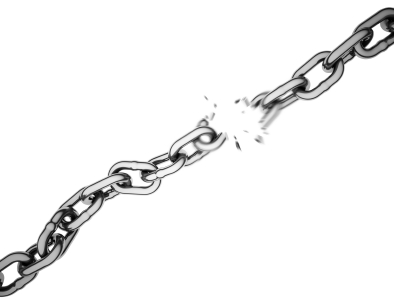|
Writer's Block. Freeing The Creative Essay
I seem to have developed a case of writer's block while trying to write about writer’s block. I’m not missing the irony here. I have a dozen ideas, ways I’ve dealt with it in the past but they don’t seem to be working right now. I need to write about writer’s block and I can’t find the words. Take A Step BackThe first thing that I do when I get stuck is to back away from the original concept and rethink the original idea. There are three questions that need answers: What did I want to say, why did I want to say it, to whom did I want to say it. For example, this essay for Creativewritersdesk.com was supposed to be on a method of beating writer’s block; an in-depth article on rethinking story and essay concepts. I wanted to talk about the focus of a piece of writing and how we can easily lose track of it among the words on the page. I wanted to write this to share an experience with writers who are stuck in their own stories, or maybe even writers who have a story that they’ve given up as a broken dream. I was writing a boring article. I couldn’t stand to read what I had written and I couldn’t figure out how to make the next thing I needed to say interesting. How could I help someone overcome writer’s block if I couldn’t even get him or her to read the second paragraph? I had to reexamine my strengths and weaknesses. Essays are certainly my weakness. Learning From ExperienceWhen I was in college I joined my schools paper. It was a good way to get published for a first time and gave me valuable experience at self-editing and writing for an audience. I was first drawn to the news section, thinking that I could uncover thrilling and interesting stories. Instead I found out that news writers only got to sit through Student Council meetings and interview professors. Not the glamour job I was looking for. It also wasn’t the kind of creative writing I wanted to do. Eventually I found my home in the Opinions section. There we were granted much more leniency with our topics and style of writing. I reevaluated my strengths and changed direction. This is the same thing that writers need to do when they find themselves stuck in a certain piece of writing. Ask yourself, what am I good at and how can I use it? What am I good at? My strength is story. How can I use it? I can tell the story of how I got stuck in this article and then how I found my way back out. Free WriteThe next technique I use after I’ve rethought the concept and evaluated my strengths is to free write for a minute. When I free write I essentially write to myself in a blank word processor. Sometimes I ask myself questions, sometimes I make statements…to myself. Sound familiar? After than I wrote, “Maybe I should tell a story or give an example. Talk your way through this.” Of course I was finding my way out then, already climbing out of the hole. Many people think of free writing as a ladder out of the writer's block hole but not as an actual part of the path of the story. Don’t disregard anything you write- not ever. Edit, yes, rewrite, yes, rethink, of course, but never discard. For another 300 words I rambled on to myself about possible ways to get out of my predicament before I stopped and read what I had written in the first place and realized, that seems like a good place to start. Of course in stubborn cases it can take far more than 300 words. There are times when I’ve hit 2000 words without any clear direction of where I was going. But eventually there will be some connection. Some phrase you write that helps you to take the writing to the next stage. Sometimes the free writing will even reveal what’s really on your mind and give you an idea for a completely new piece. That’s the beauty of free writing. We’ve reached the point where it’s time to do something very essayish: review the main concepts. The first step to take when you hit writer's block is to step back and reexamine the original concept. Ask what, why and to whom. Write towards your strengths. Finally free write until you find inspiration. |
|||
|
|
|||
